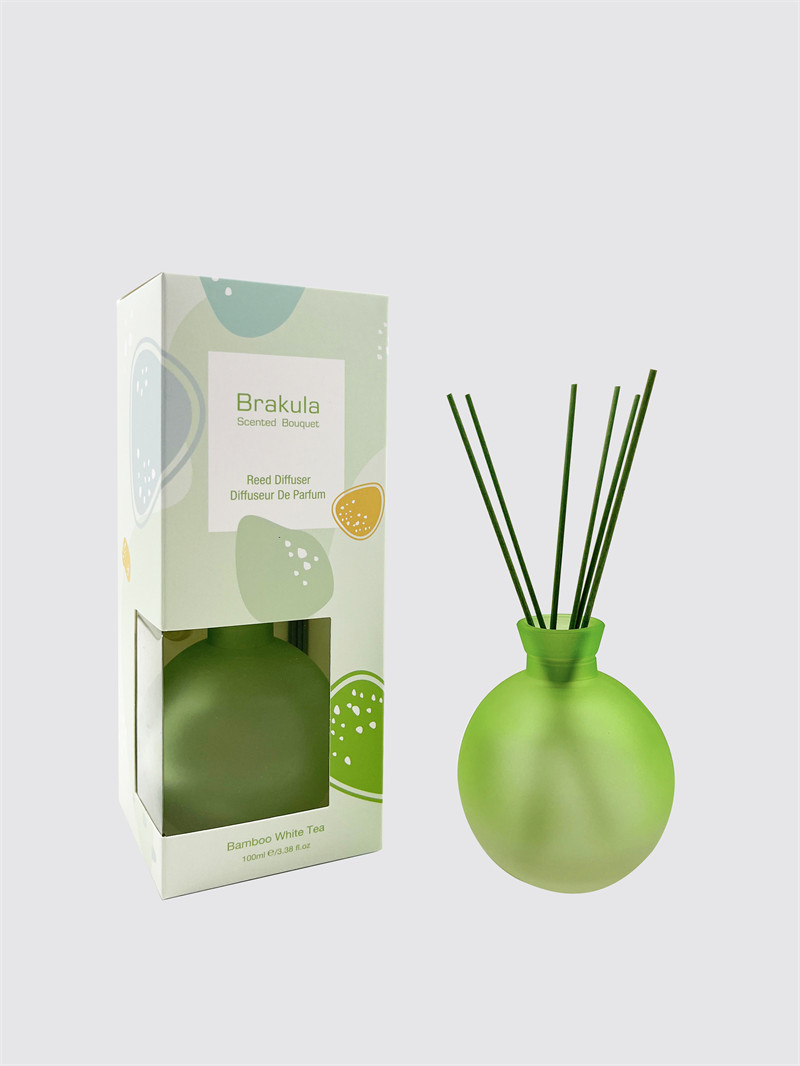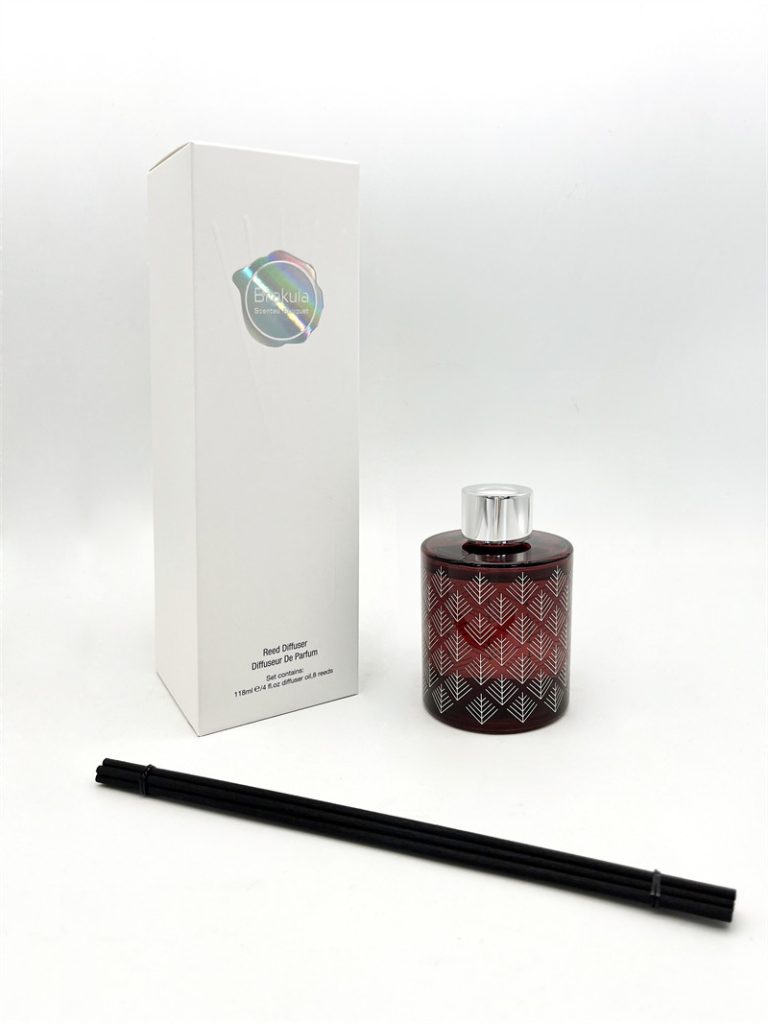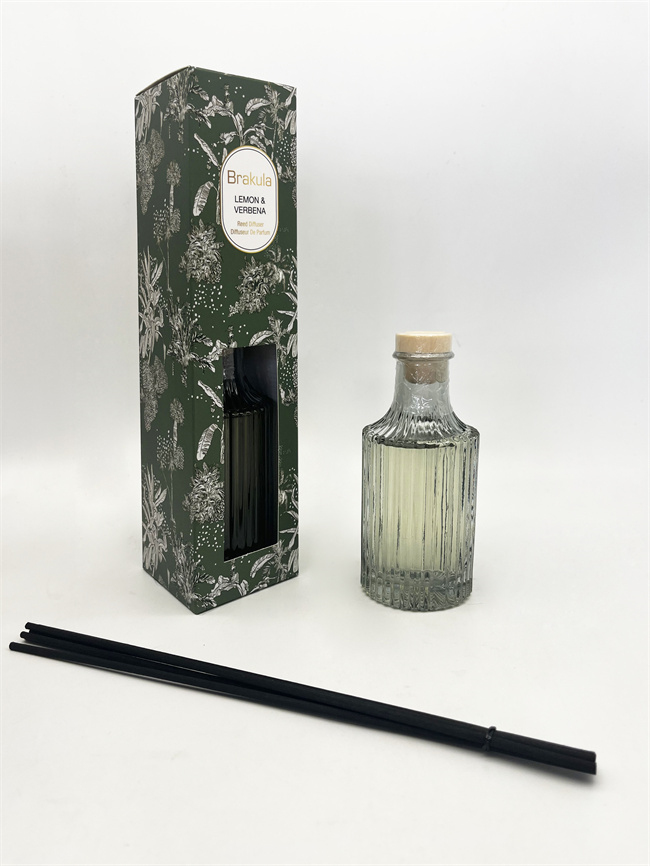Table of Contents
Initial Investment and Startup Costs for an Essential Oils Business
Starting an essential oils business can be an exciting venture for those who are passionate about natural remedies and wellness. However, before diving into this industry, it is crucial to understand the costs involved in setting up and running such a business. In this article, we will explore the initial investment and startup costs associated with starting an essential oils business.
One of the first expenses to consider when starting an essential oils business is the cost of product inventory. Essential oils are the heart of this business, and building a diverse and high-quality inventory is essential. The cost of essential oils can vary depending on factors such as the source, quality, and quantity. It is important to research suppliers and compare prices to ensure you are getting the best value for your investment.
In addition to essential oils, you will also need to invest in packaging materials. This includes bottles, labels, and other packaging supplies. The cost of packaging materials can add up, especially if you plan to offer a variety of products in different sizes. It is important to factor in these costs when calculating your initial investment.
Another significant expense to consider is the cost of equipment and tools. Depending on the scale of your business, you may need equipment such as distillation apparatus, storage containers, and blending tools. These items can be quite costly, so it is important to budget accordingly. Additionally, you may need to invest in safety equipment and storage solutions to ensure compliance with regulations and to maintain the quality of your products.
Marketing and advertising are crucial aspects of any business, and an essential oils business is no exception. You will need to allocate a portion of your budget to promote your products and reach your target audience. This can include creating a website, designing marketing materials, and investing in online advertising. It is important to consider these costs when planning your initial investment.
Furthermore, legal and administrative costs should not be overlooked. Registering your business, obtaining necessary licenses and permits, and ensuring compliance with regulations can incur expenses. It is advisable to consult with a legal professional to understand the specific requirements for your business and to budget for these costs accordingly.
Lastly, it is important to consider ongoing expenses such as rent, utilities, and insurance. If you plan to operate a physical store or production facility, these costs can be significant. Additionally, you may need to invest in software or systems to manage inventory, sales, and customer relationships. These ongoing expenses should be factored into your business plan to ensure long-term sustainability.
In conclusion, starting an essential oils business requires careful consideration of the costs involved. From product inventory and packaging materials to equipment and marketing expenses, there are various initial investment and startup costs to account for. It is important to conduct thorough research, create a detailed budget, and seek professional advice to ensure that you are financially prepared to embark on this entrepreneurial journey. By understanding and planning for these costs, you can set yourself up for success in the essential oils industry.
Operational Expenses and Overhead Costs in an Essential Oils Business
Starting an essential oils business can be a rewarding venture for those passionate about natural remedies and aromatherapy. However, like any business, there are costs involved in getting started and maintaining operations. In this article, we will explore the operational expenses and overhead costs associated with running an essential oils business.
One of the first costs to consider when starting an essential oils business is the cost of sourcing high-quality essential oils. Essential oils are the core product of your business, so it is essential to invest in oils that are pure, organic, and ethically sourced. This may require purchasing oils from reputable suppliers or even distilling your own oils, which can be a costly process. Additionally, you will need to invest in packaging materials, such as bottles, labels, and droppers, to ensure your products are presented professionally.
| Name | Aroma Diffuser |
| Material | Platstic |
| Suitable for | Prayer Room |
| Scents | Grape, Fresh Cotton |
| Capacity | 180ml |
| Color | Grey |
| Origin | China Manufacturer |
| Duration | 40-60days |
Another significant cost to consider is marketing and advertising. In order to attract customers and build brand awareness, you will need to invest in marketing strategies such as social media advertising, email campaigns, and possibly even attending trade shows or markets. These costs can add up quickly, so it is important to budget accordingly and track the effectiveness of your marketing efforts to ensure you are getting a return on your investment.
In addition to product and marketing costs, there are also overhead expenses to consider when running an essential oils business. Renting a physical storefront or office space, if you choose to have one, can be a significant expense. Alternatively, if you decide to operate your business online, you will still need to invest in a website, e-commerce platform, and possibly storage space for your inventory.
Other overhead costs to consider include utilities, insurance, and employee wages if you choose to hire staff to help with production, packaging, or customer service. It is important to carefully budget for these expenses and monitor your cash flow to ensure you can cover all of your overhead costs while still turning a profit.
One way to reduce overhead costs in an essential oils business is to streamline your operations and find ways to increase efficiency. This could involve investing in automation technology for production or packaging, negotiating better rates with suppliers, or finding creative ways to market your products without spending a fortune on advertising.
Ultimately, the costs of starting and running an essential oils business will vary depending on the size and scope of your operation. It is important to carefully research and plan for all potential expenses before launching your business to ensure you have the financial resources to succeed. By understanding the operational expenses and overhead costs associated with running an essential oils business, you can make informed decisions that will help your business thrive in the competitive market of natural remedies and aromatherapy.
Marketing and Promotional Costs for an Essential Oils Business
Marketing and Promotional Costs for an Essential Oils Business
When starting an essential oils business, one of the key factors to consider is the marketing and promotional costs. These costs are essential for creating brand awareness, attracting customers, and ultimately driving sales. In this article, we will explore the various marketing and promotional expenses that entrepreneurs should anticipate when venturing into the world of essential oils.

First and foremost, it is crucial to have a well-designed website for your essential oils business. A professional website serves as the online face of your brand and is often the first point of contact for potential customers. Building a website involves costs such as domain registration, web hosting, and web design. Additionally, ongoing expenses like website maintenance and updates should be factored into your budget.
In today’s digital age, social media platforms play a significant role in marketing and promoting businesses. Creating and maintaining a strong social media presence is essential for reaching a wider audience and engaging with potential customers. While signing up for social media accounts is generally free, investing in paid advertising and sponsored posts can significantly boost your brand’s visibility. Allocating a portion of your marketing budget to social media advertising is a wise investment.
Another effective marketing strategy for an essential oils business is content creation. This involves producing informative and engaging content that educates customers about the benefits and uses of essential oils. Content can take various forms, including blog posts, videos, and podcasts. While creating content may require time and effort, it is a cost-effective way to establish your brand as an authority in the industry and build trust with your target audience.
In addition to online marketing efforts, traditional marketing methods should not be overlooked. Print materials such as business cards, brochures, and flyers can be distributed at local events, trade shows, and wellness expos. These tangible marketing materials serve as a physical reminder of your brand and can help potential customers remember your business when they are in need of essential oils.
Collaborating with influencers and bloggers in the wellness and beauty industry can also be a powerful marketing tool. Partnering with individuals who have a large following and influence can help increase brand exposure and credibility. However, it is important to carefully select influencers who align with your brand values and target audience to ensure the partnership is authentic and effective.
https://reedaromalab.com/tag/cheap-air-freshener-china-wholesalersFurthermore, hosting workshops and events can be an effective way to promote your essential oils business. These events provide an opportunity to educate potential customers about the benefits of essential oils and showcase your products. While hosting workshops may involve venue rental and event planning costs, the return on investment can be significant in terms of brand awareness and customer acquisition.
Lastly, it is crucial to track and analyze the effectiveness of your marketing efforts. Investing in analytics tools and software can help you measure the success of your campaigns, identify areas for improvement, and make data-driven decisions. By continuously evaluating and adjusting your marketing strategies, you can optimize your promotional efforts and maximize your return on investment.
In conclusion, marketing and promotional costs are an essential aspect of starting an essential oils business. From building a professional website to investing in social media advertising, content creation, traditional marketing methods, influencer collaborations, workshops, and analytics tools, there are various expenses to consider. By carefully planning and budgeting for these costs, entrepreneurs can effectively market their essential oils business, attract customers, and ultimately achieve success in this competitive industry.
Scented Reed Diffuser Customization






